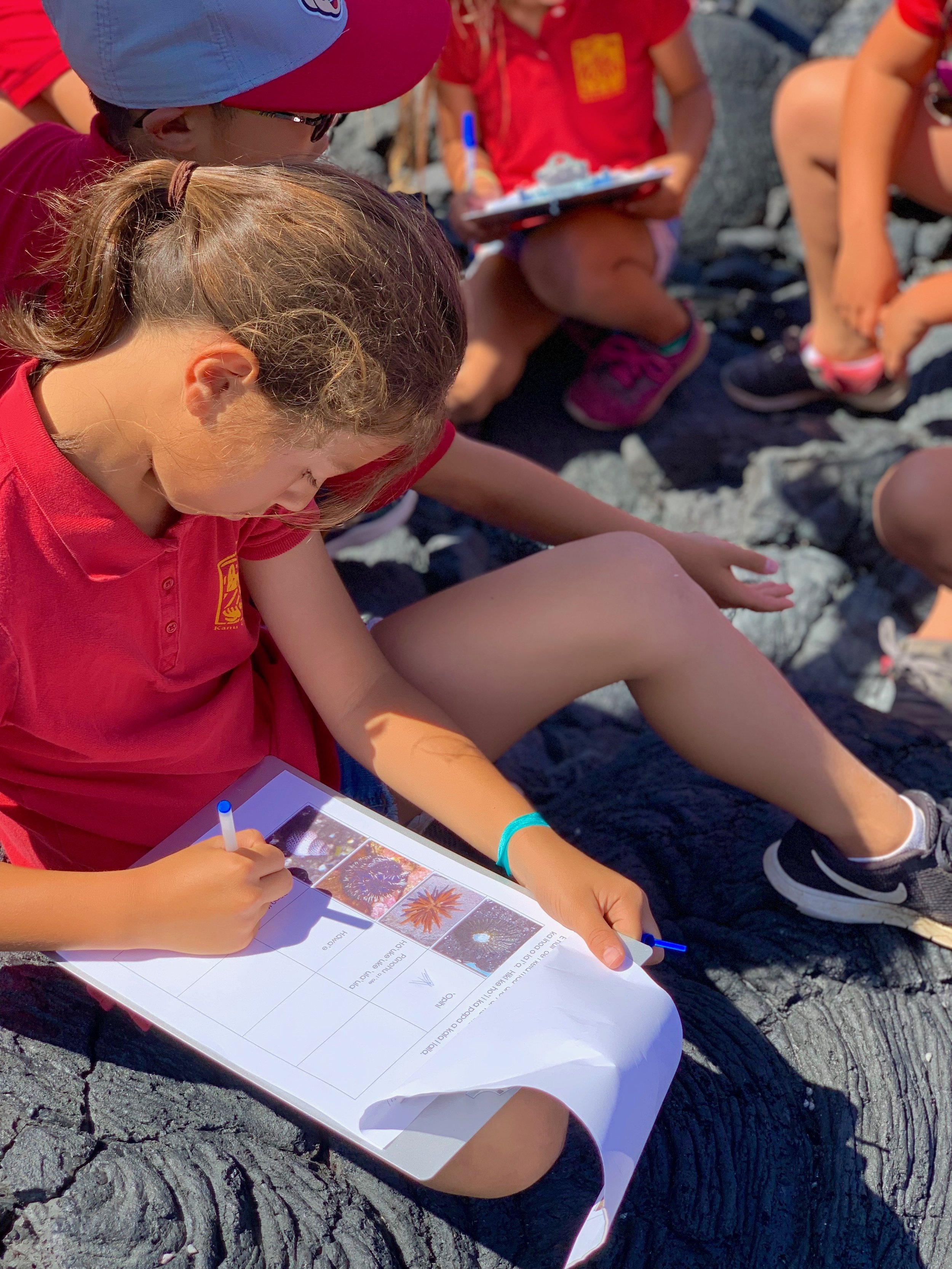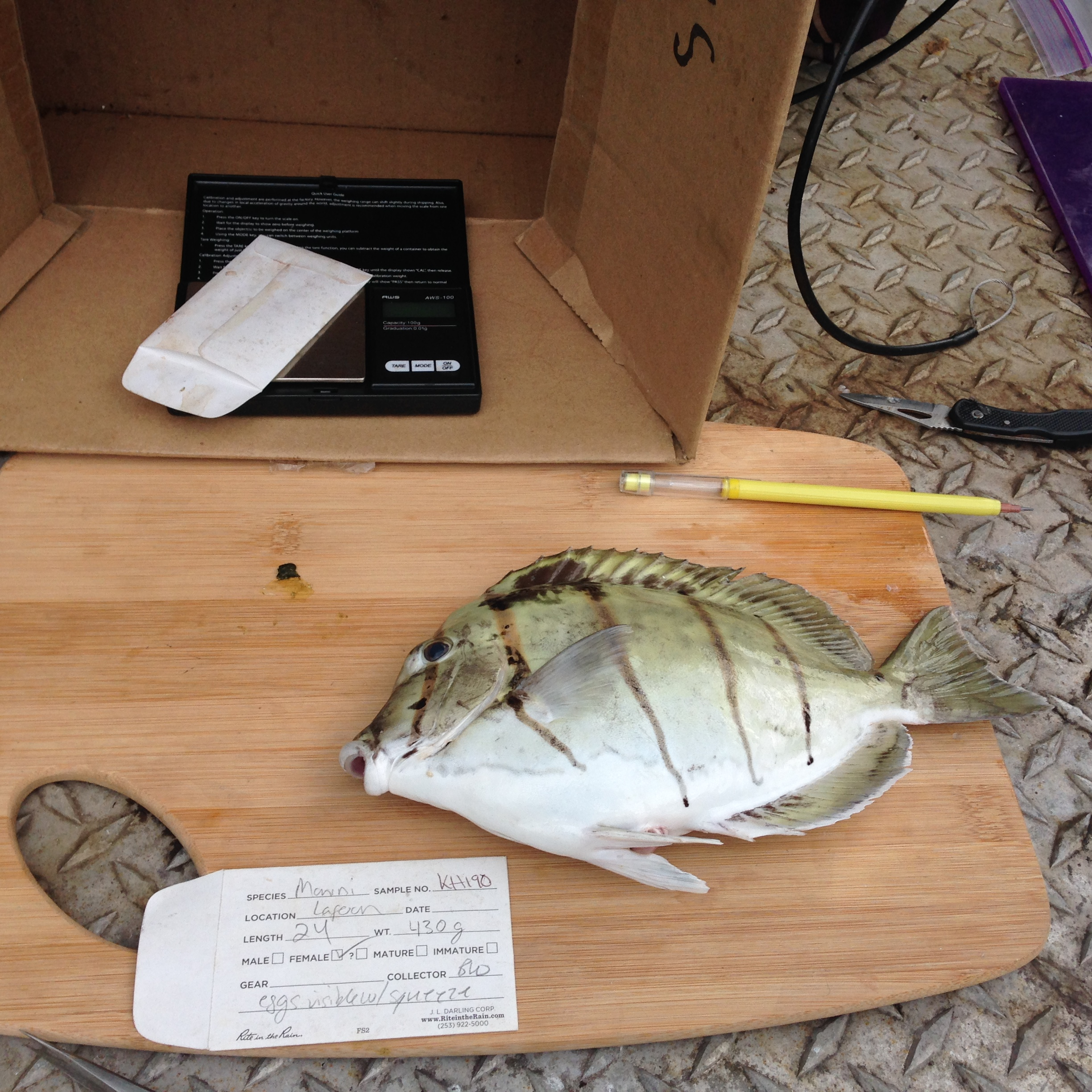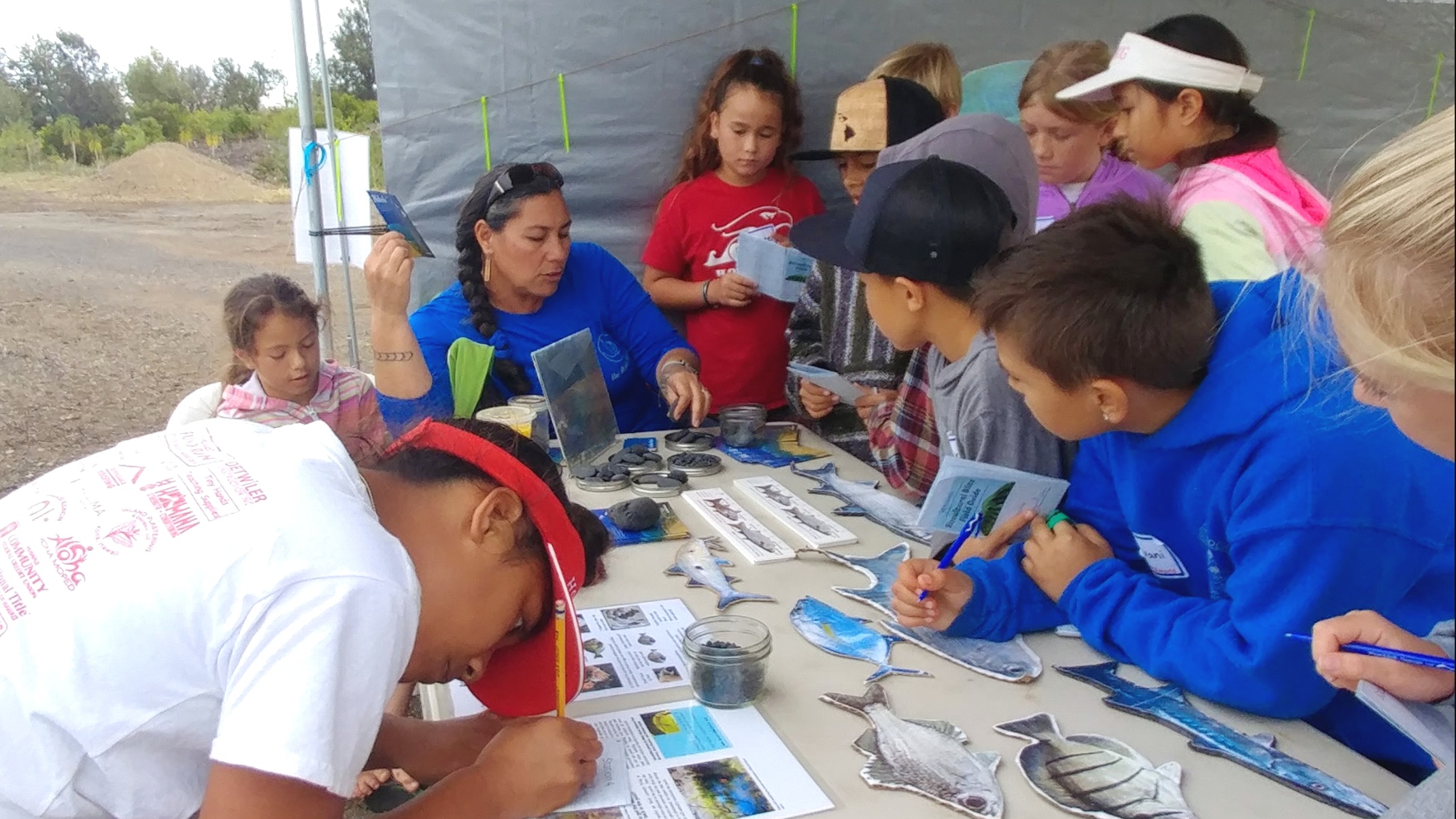Education at Kīholo
It is through education, or aʻo aku aʻo mai, the giving and receiving of knowledge, that we gain perspective of our place in time, our values, and our responsibilities. From this awareness and communal effort, we will be better able to create a sustainable future for coming generations and ourselves.
Community Impact
We believe in the power of immersive experiences. Each year we are grateful for the opportunity to host over 1,200 people at Kīholo. These individuals include K-12 school groups, community college and University level classes, first-time and dedicated volunteers, members of the business community, representatives from NOAA and NPS administration, current County, State, and Federal representatives, and many, many more.
For those preparing to come, or unable to come to Kīholo, Hui brings the lessons of Kīholo to over 1,000 people in the broader community each year. Be it through in classroom visitations or by supporting annual community events such as the Puʻuwaʻawaʻa Bio-Cultural Blitz, Run for the Dry forest, or Waikoloa Wiliwili Festival, as well as presenting at and leading sessions at professional conferences such as the Hawaii Conservation Conference, and the Department of Educationʻs HA Summit.
Hui Aloha Kīholo has a physical presence on the ground, seven days a week, through our Hoa ʻāina team. These Hoa ʻāina, or “friends of the land” provide information to educate visitors and kamaʻāina alike on ways of being that allow Kīholo’s natural and cultural resources to thrive. Each interaction aims to build upon the community of Kiholoʻs stewards.
Camping exists at Kīholo because of the Hoa ʻĀina team at Hui Aloha Kīholo. Our Hoa ʻĀina manage camping each weekend, all year round. Annually, over 1,200 people engage in permitted camping at Kīholo. Click here to learn more about camping.
A Rising Tide Lifts All Boats
We recognize that the challenges we face are often echoed across the Hawaiian archipelago and indeed, around the world. Because of this we are actively engaged in networks of individuals and organizations caretaking their respective places. These networks include, but are not limited to, the Kai Kuleana Network, Hui Loko (Island-wide), Hui Mālama Loko Iʻa (Statewide), and the Dryland Forest Working Hui.
We are grateful to continually learn from a wide variety of experiences, be they from kūpuna (elders), keiki (youth), experts in a professional field, community members, or of course, from observing and listening to Kīholo herself.





